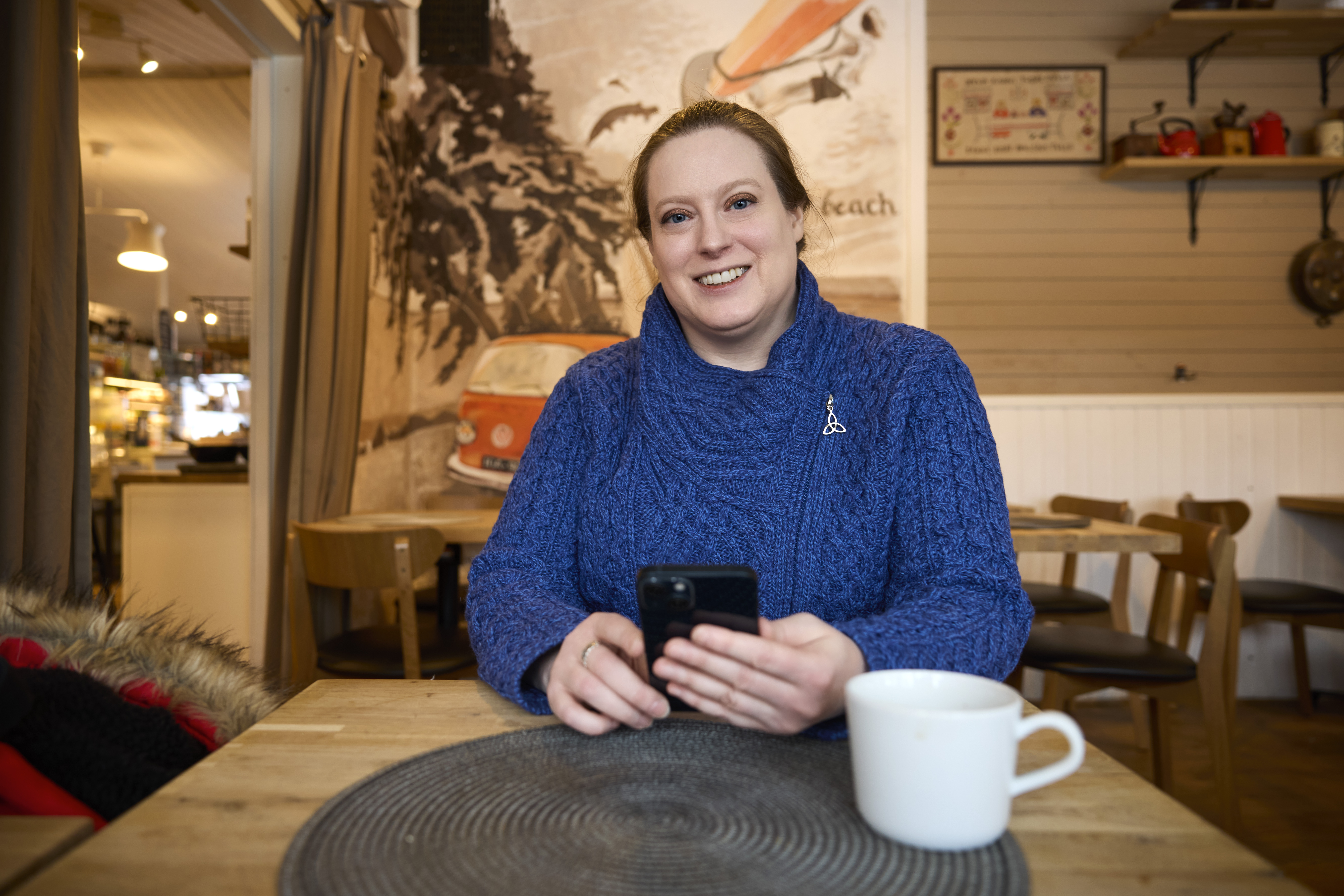False friends (German: Falsche Freunde) refer to words or phrases in two languages which are similar but which mean different things. These resemblances can be external, meaning that the words look the same, but the words can also have a similar pronunciation.
False friends can be perplexing for both language learners and language professionals. Below are some words we have gathered that may give you a headache!
gift ≠ das Gift
English: gift = German: das Geschenk
German: das Gift = English: poison
chef ≠ der Chef
English: chef = German: der Koch / die Köchin
German: der Chef = English: boss, manager
fabric ≠ die Fabrik
English: fabric = German: der Stoff
German: die Fabrik = English: factory
schmuck ≠ der Schmuck
English: schmuck = German: Depp, Schwachkopf
German: der Schmuck = English: jewellery
to become ≠ bekommen
English: to become = German: werden
German: bekommen = English: to receive
Many words are transferred from one language to another in the form of loanwords. Sometimes these loanwords’ definitions evolve to mean something completely different from the original. These words can also be called false friends. Here are some examples of such stumbling blocks:
body bag ≠ das Bodybag
English: body bag = German: der Leichensack
German: das Bodybag = English: messenger bag
bureau ≠ das Büro
English: bureau = German: der Schreibtisch, die Kommode
German: das Büro = English: office
novel ≠ die Novelle
English: novel = German: der Roman
German: die Novelle = English: short story
old-timer ≠ der Oldtimer
English: old-timer = German: der Veteran, der Senior
German: der Oldtimer = English: vintage car
Remember to also keep in mind that some expressions may have more than one equivalent with different meanings in the foreign language. It’s important to know which one to use depending on the situation, or you may be misunderstood.
to realize = erkennen / begreifen
erkennen = to recognize
begreifen = to understand
tongue = die Sprache / die Zunge
die Sprache = language
die Zunge = muscular organ in the mouth
sick = übel / krass (slang)
übel = to feel sick
krass = cool










